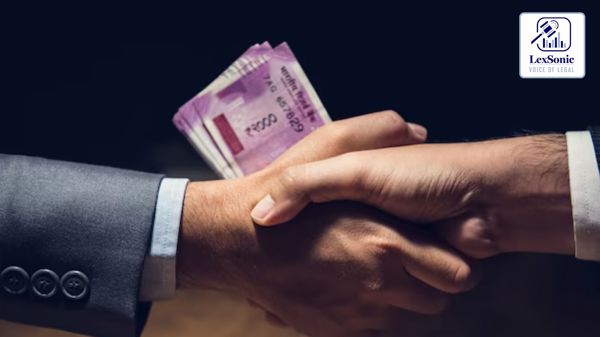Supreme Court Overturns Conviction in Bribery Case, Citing Doubtful Evidence.
09 May 2025
Corruption >> Criminal Law | Criminal Trial >> Criminal Law | Evidence >> Criminal Law
The case originated from a complaint filed in 2003 by a person (PW1) seeking compensation for trees allegedly damaged by drought. The appellant, then working at the Mandal Revenue Office (MRO) in Gundala Mandal, was tasked with conducting an inquiry. It was alleged that the appellant demanded a bribe of Rs. 2,000/- from PW1 for this purpose. Following a complaint to the Anti-Corruption Bureau, a trap was laid, and while the bribe money was recovered from a bag on the appellant's motorcycle, tests on his hands for chemical residue proved negative.

The Trial Court convicted the appellant in 2008, a decision that was subsequently upheld by the High Court of Telangana in March 2024. Aggrieved by this, the appellant approached the Supreme Court.
The Supreme Court, after examining the evidence and the judgments of the lower courts, noted "material contradictions" in the testimonies of the witnesses. The Court highlighted inconsistencies in PW1's account of where and how the bribe money was placed on the appellant's motorcycle. Initially, PW1 stated he placed the money while the appellant was inside the house, but later claimed the appellant was present. This discrepancy was crucial, especially since the trap party members, positioned nearby, did not corroborate the latter version.
Adding to the doubts, the complainant's wife (DW1) testified that she was unaware of any demand for money made by the appellant while he was at their house.
Regarding the presumption under Section 20 of the Prevention of Corruption Act, which the prosecution had invoked due to the recovery of money, the Supreme Court clarified that this presumption only applies when the demand for the bribe is proven. In this case, the Court found the element of demand itself to be questionable.
This judgment underscores the importance of consistent and credible evidence in corruption cases and reiterates the fundamental principle of criminal jurisprudence that the burden of proving guilt beyond a reasonable doubt rests with the prosecution.
Section 7, Prevention of Corruption Act - 1988
Section 13, Prevention of Corruption Act - 1988
Section 20, Prevention of Corruption Act - 1988
Prevention of Corruption Act, 1988
